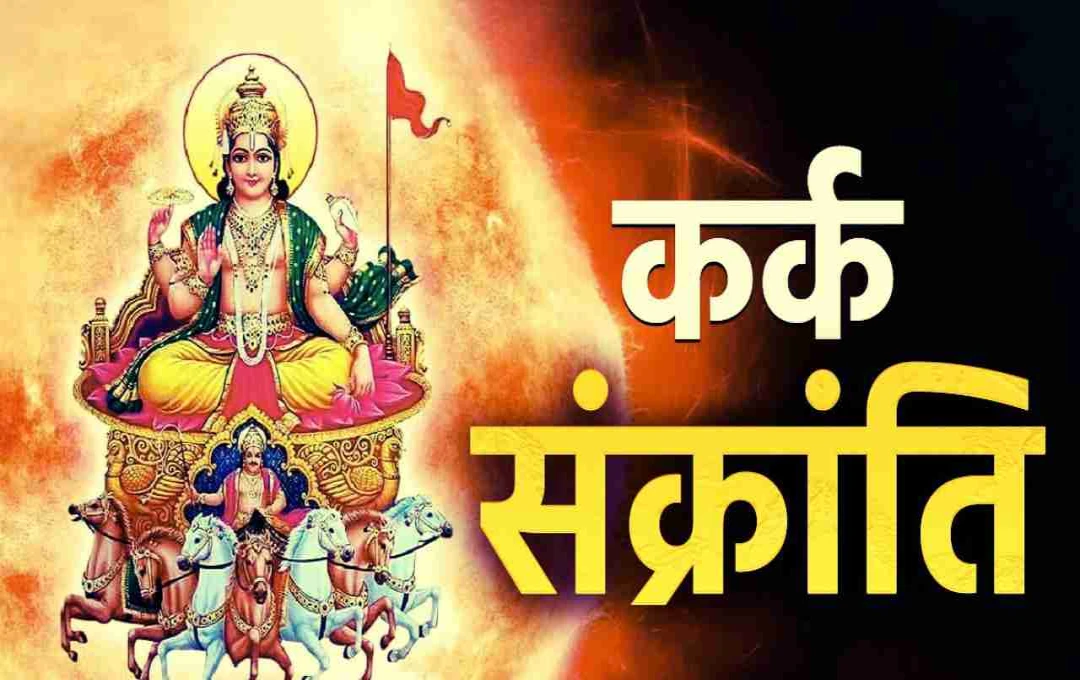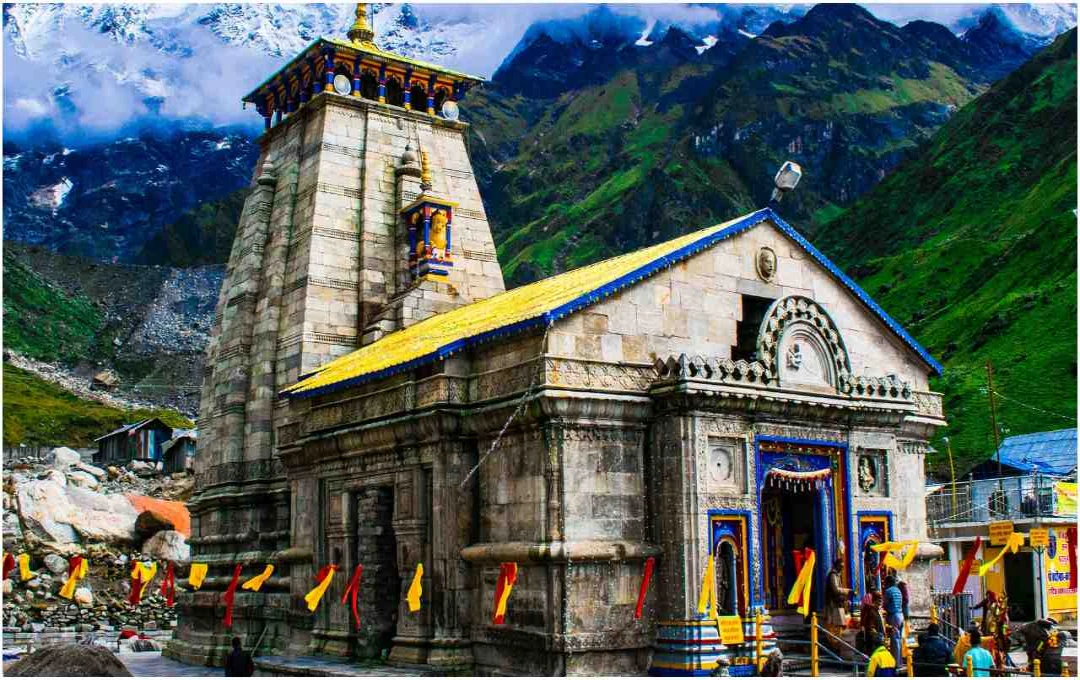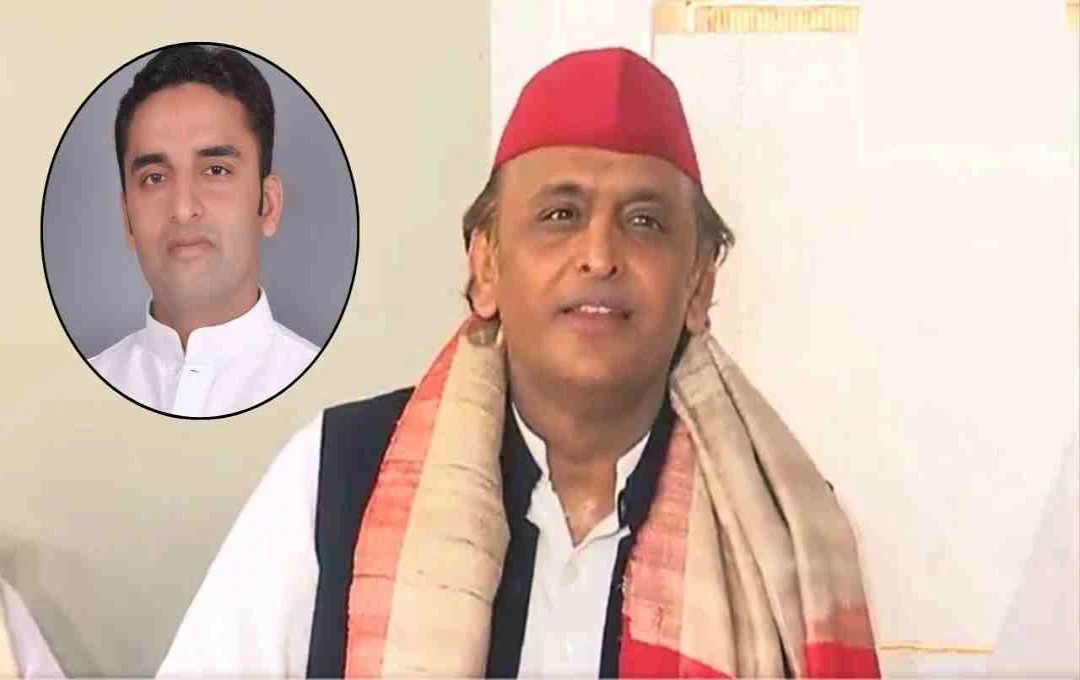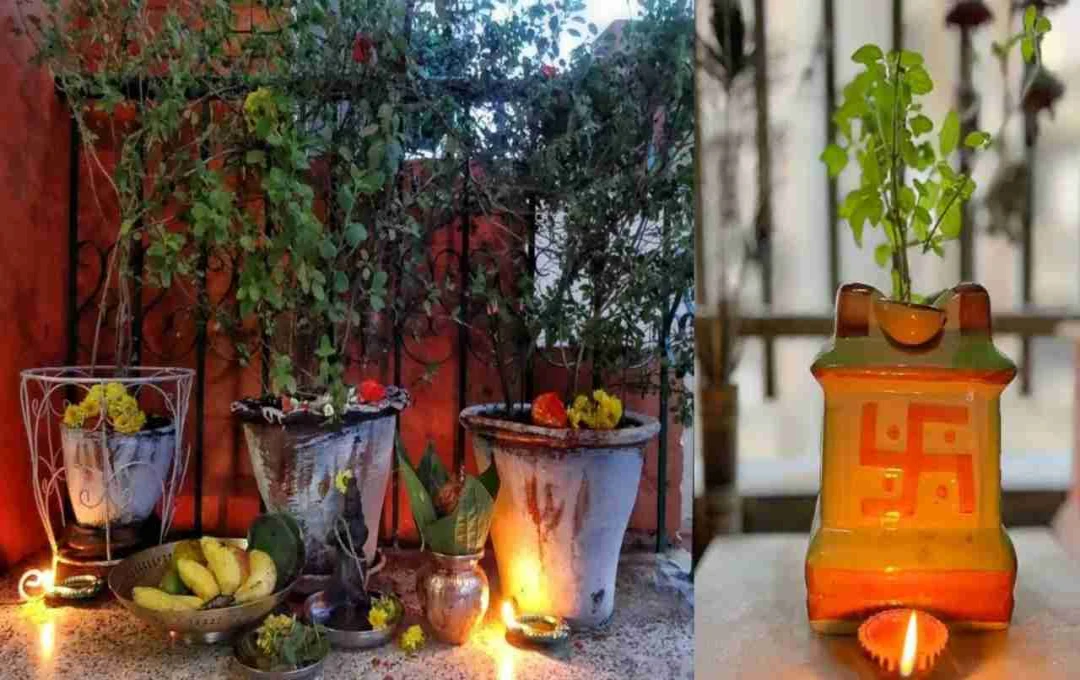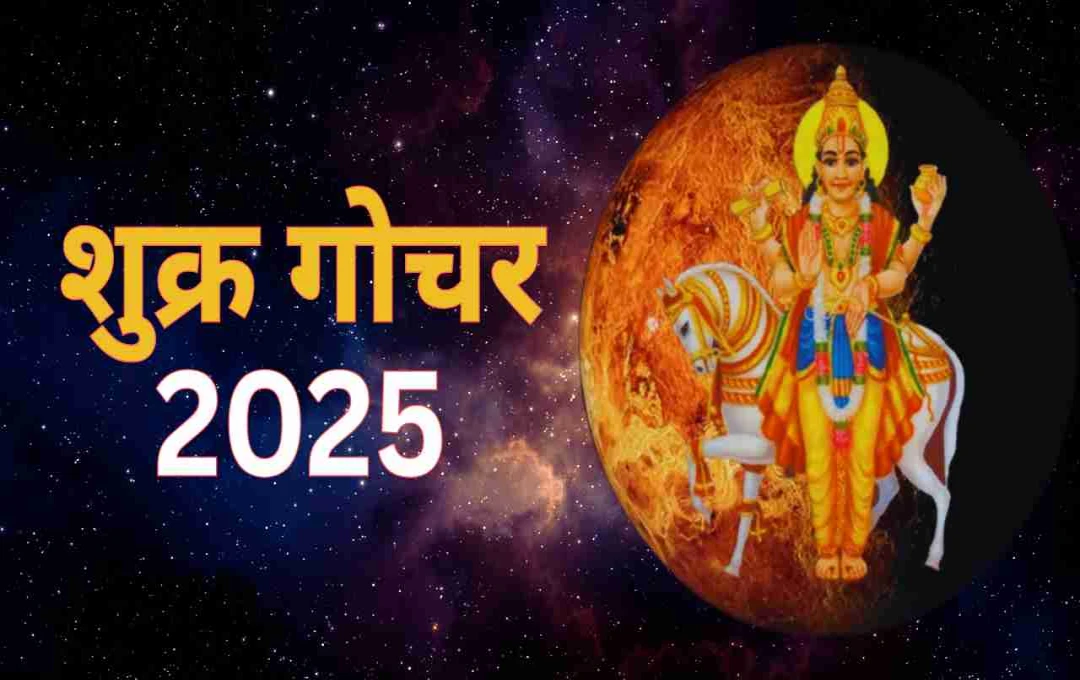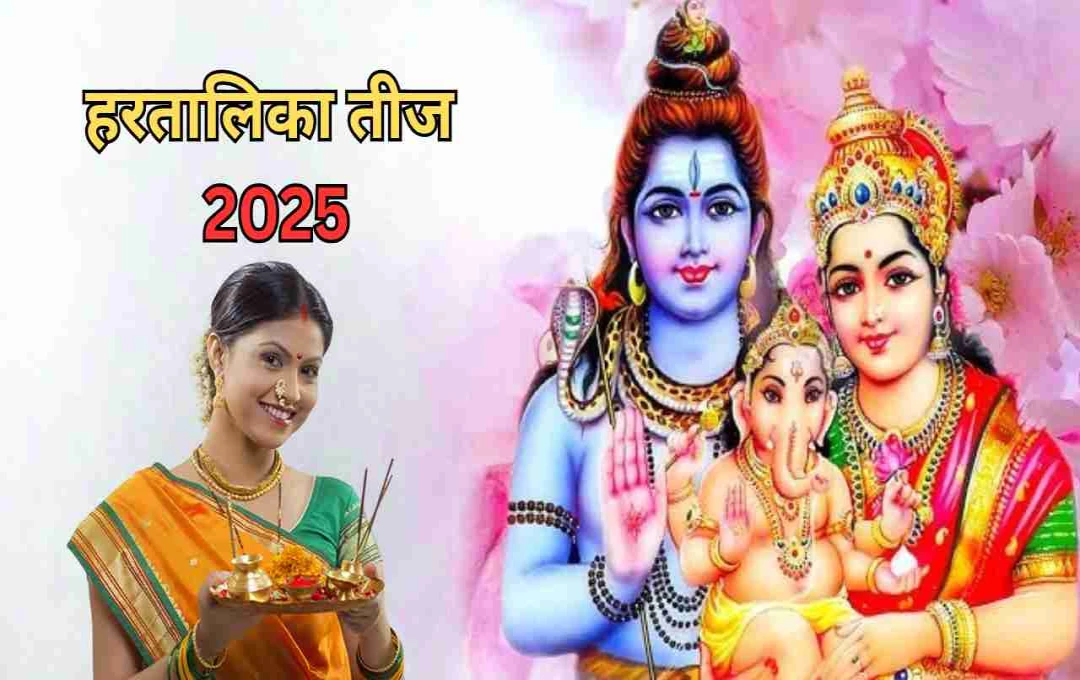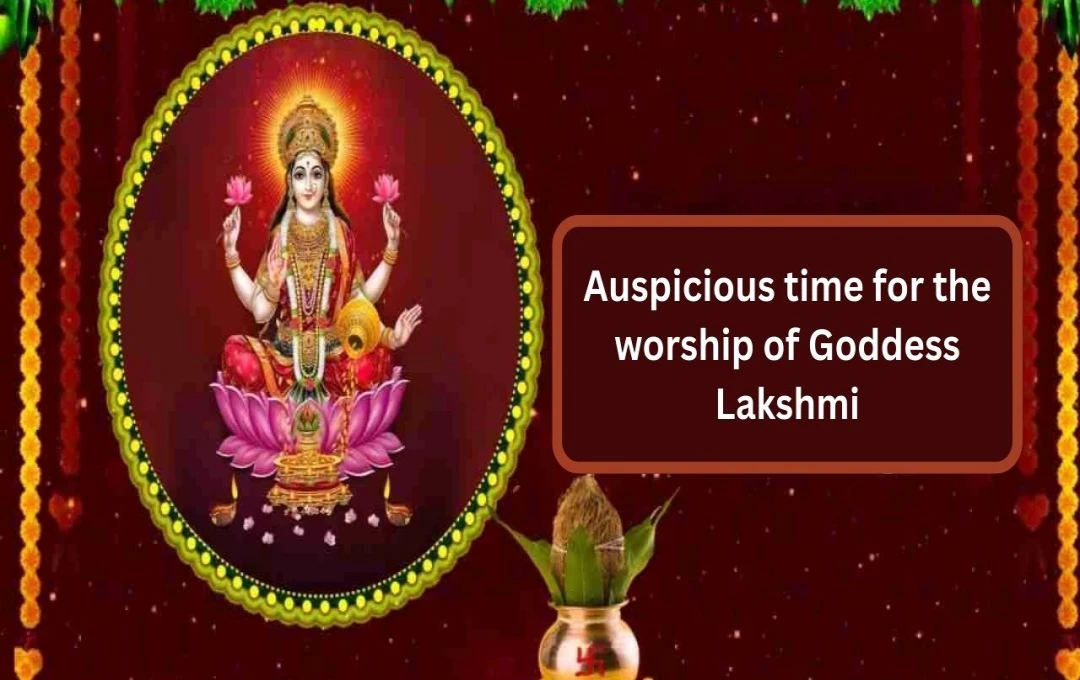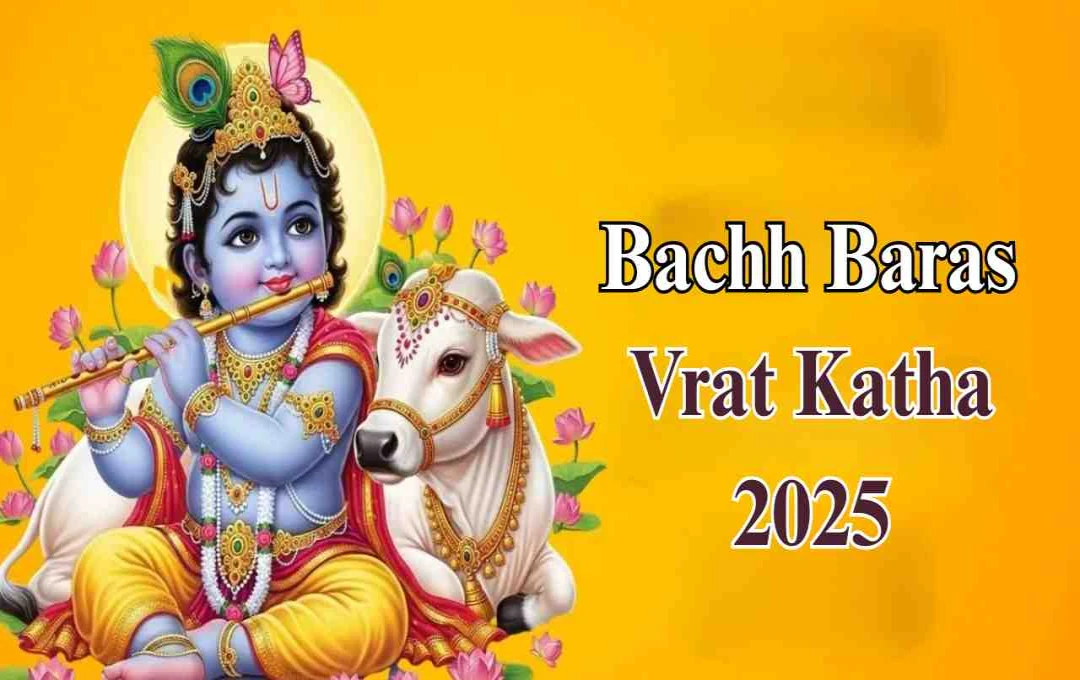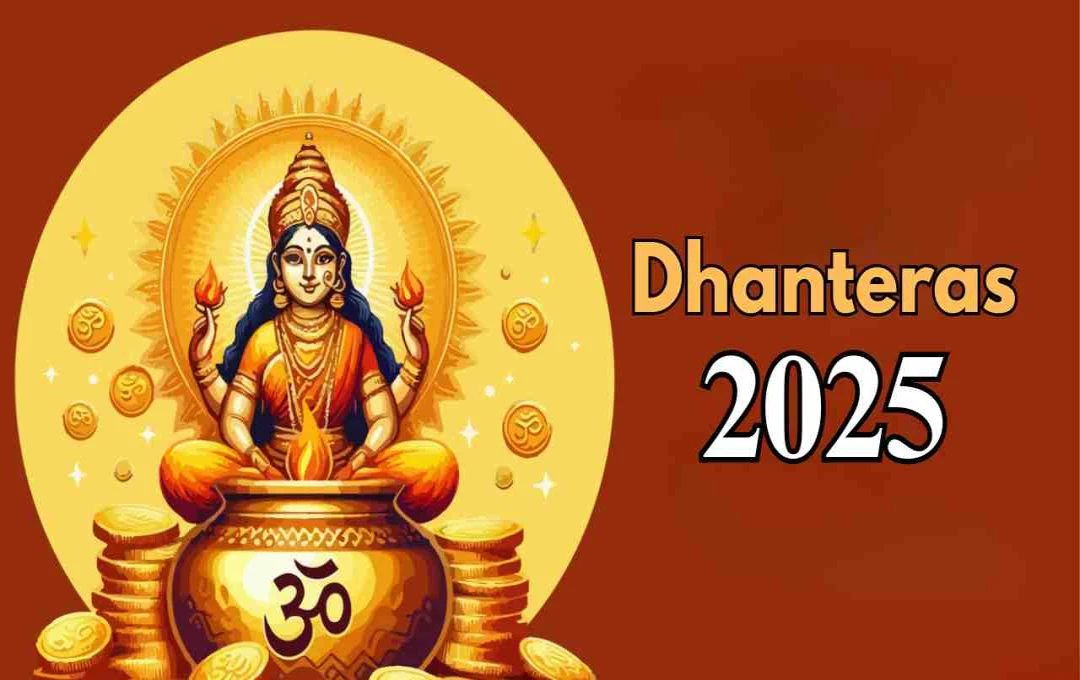According to the Hindu Panchang, the Sun is transiting into the Cancer zodiac sign on July 16th of this year. In astrology, this planetary change is known as Kark Sankranti. This Sankranti is considered extremely significant not only from a religious perspective but also from an astrological point of view. The Cancer zodiac sign is considered a friendly sign for the Sun, so the actions and rituals performed on this day are believed to be particularly fruitful.
What is Sankranti and Why is it Special?
The word Sankranti means "change of place." When the Sun enters a new zodiac sign, that time is called Sankranti. The Sun enters each of the 12 zodiac signs every month, so there are 12 Sankrantis in a year. However, Kark (Cancer) and Makar (Capricorn) Sankrantis are given special importance because these two Sankrantis signify the changing of the Sun's Dakshinayana (southern journey) and Uttarayana (northern journey).
Kark Sankranti: Significance of the Day and Mythological Implications
Kark Sankranti is the time when the Sun leaves the Gemini zodiac sign and enters the Cancer zodiac sign. After this transit, the Sun begins its southward journey (Dakshinayana), which means the days become shorter and the nights become longer. According to mythological beliefs, this time is for introspection, charity, and penance. It is believed that performing certain specific actions on this day to please the Sun is extremely auspicious.
These Four Actions Please Lord Surya (the Sun God)
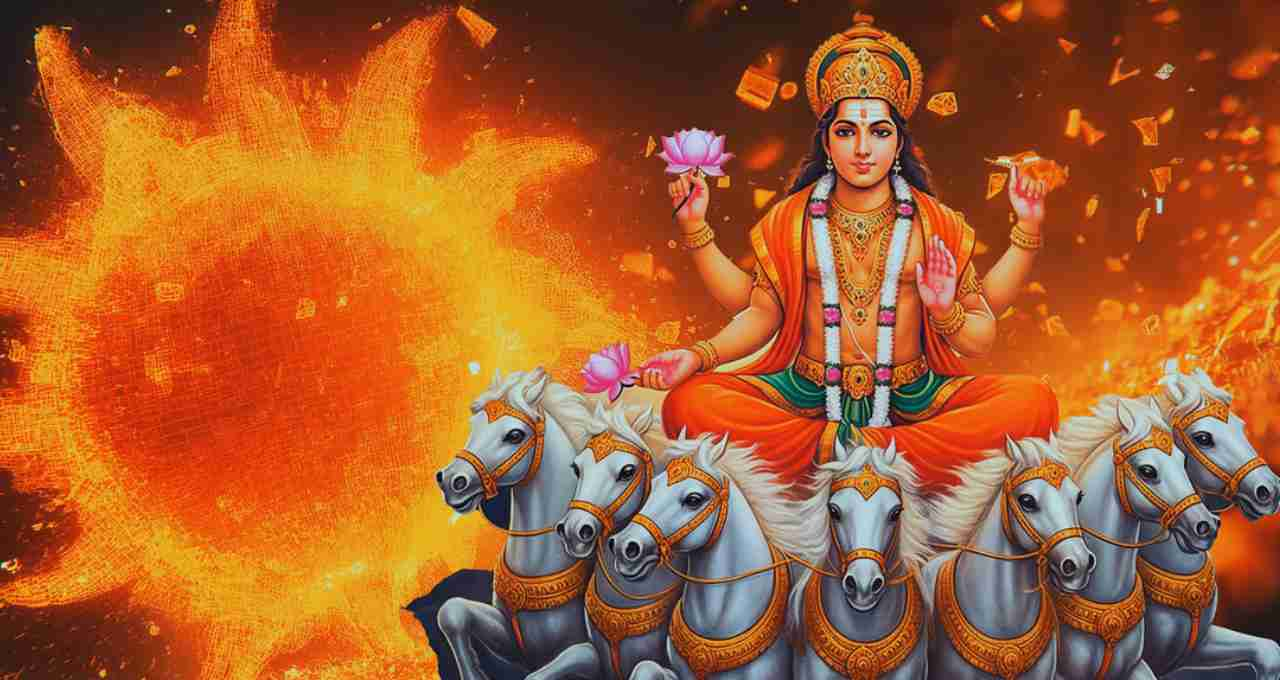
Bathing in Holy Rivers
Bathing in holy rivers like the Ganges, Yamuna, Godavari, and Narmada on Kark Sankranti destroys sins and brings merit. Those who cannot go to the river can bathe at home by adding Gangajal (water from the Ganges) to their bathwater. This bath is considered a symbol of spiritual purification.
Offering Arghya (oblations) to the Sun
After bathing, offering Arghya to the Sun God with water, sesame seeds, rice, and red flowers in a copper pot is extremely fruitful. By the grace of the Sun God, this increases self-confidence, leadership qualities, and respect. It is also said that offering Arghya strengthens the position of the Sun in the horoscope, leading to improvements in career and health.
Feeding Animals and Birds
On Kark Sankranti, feeding green fodder to cows, roti (bread) to dogs, and grains and water to birds brings meritorious results. Especially on this day, feeding crows and cows is considered best for the peace of the souls of ancestors. In addition, the tradition of giving flour and jaggery to ants is also followed, which pacifies Pitra Dosha (ancestral debts).
Why Chanting the Surya Mantra is Special
To please the Sun God on Kark Sankranti, there is a tradition of chanting the mantra "Om Ghrini Suryaya Namah" 108 times. Chanting this mantra balances the body's energy and also provides mental peace from within. This chanting is even more effective when performed while offering Arghya to the Sun.
The Sun's Energy Changes the Direction of Life
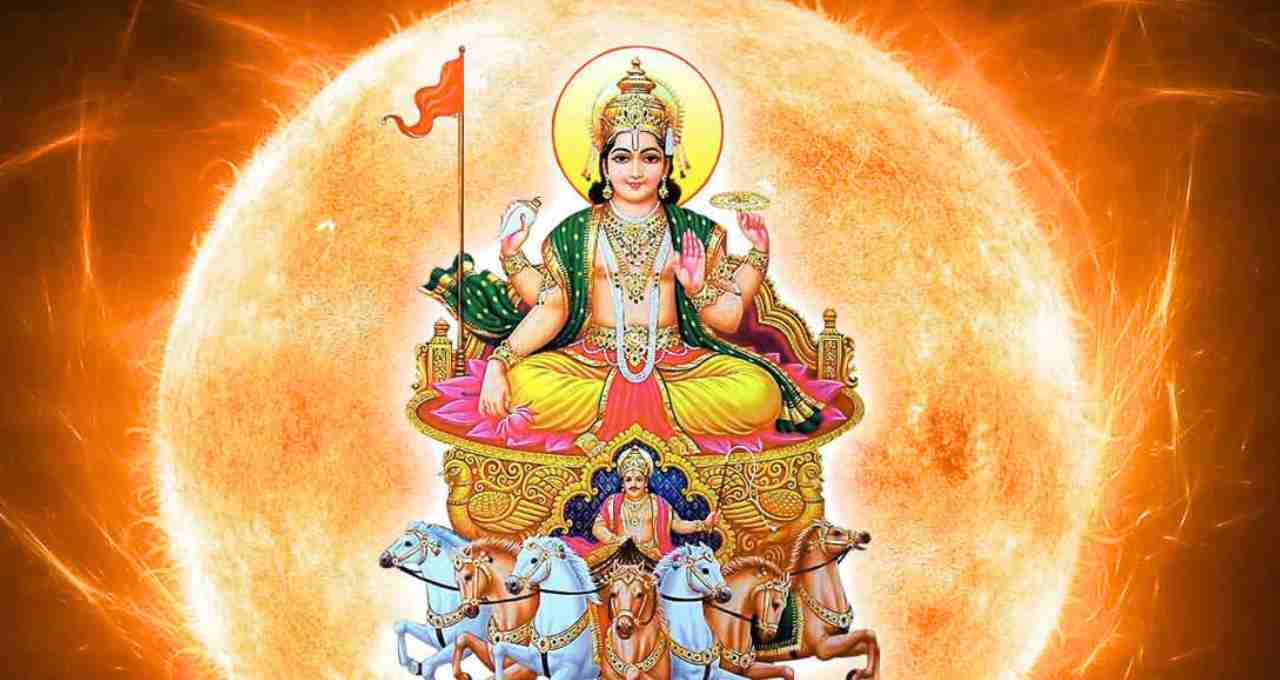
In astrology, the Sun is considered the karaka (significator) of the soul, father, government, high position, and self-confidence. When the Sun is in a favorable position, a person gains respect, leadership qualities, career growth, and mental strength in life. Religious actions performed on special occasions like Kark Sankranti enhance this auspiciousness of the Sun.
A Special Opportunity to Improve the Future
Kark Sankranti is not only an astronomical event, but it is also a spiritual opportunity. This day symbolizes the cleansing of past karmas and the beginning of a new chapter. Every small act of merit performed on this day can bring great results in the future.
Deep Mystery Hidden in Beliefs
In India's traditions, every day has its own special identity. Festivals like Sankranti are a wonderful confluence of science and spirituality. This Sankranti, associated with the Sun's transit, not only signifies the beginning of a new life but also teaches that maintaining harmony with nature is true religion.
Special Events Held in Many States
From North India to South India, special worship, charity, and religious rituals are performed in various temples on the day of Kark Sankranti. In many places, there are day-long programs of bhajans and kirtans in the Sun temples, and community meals are also served.
